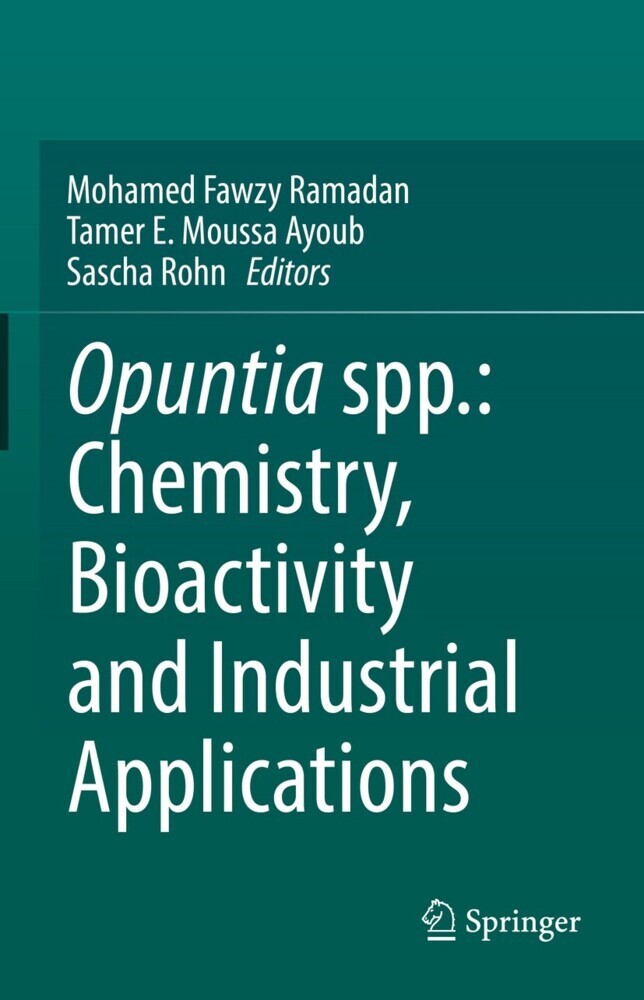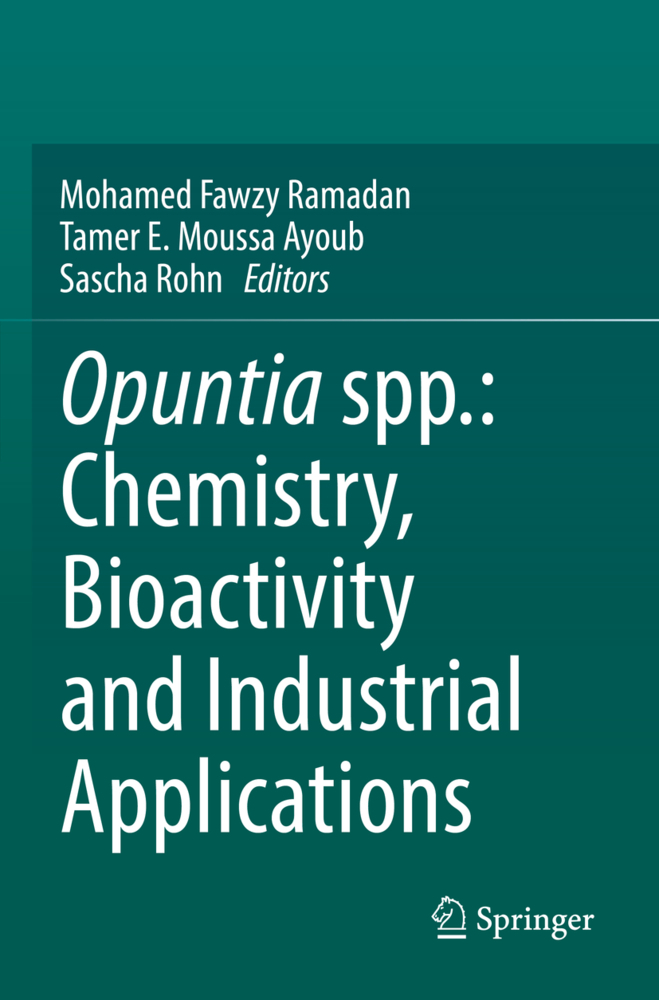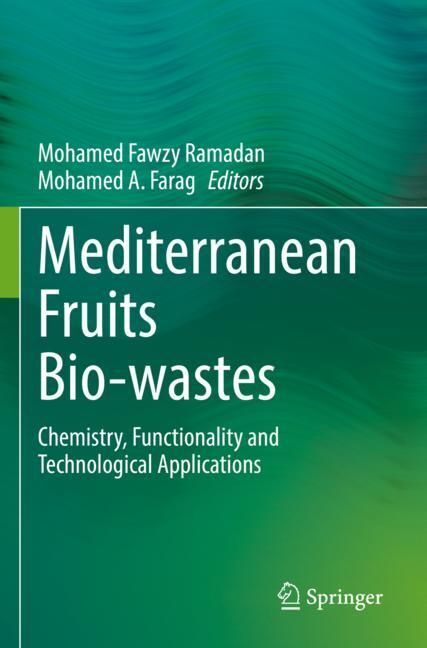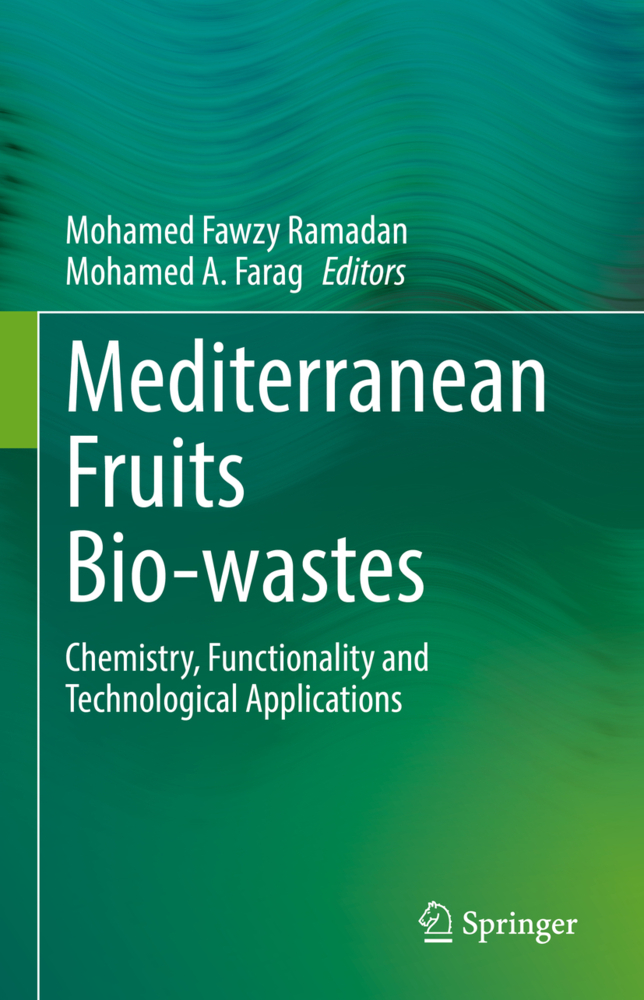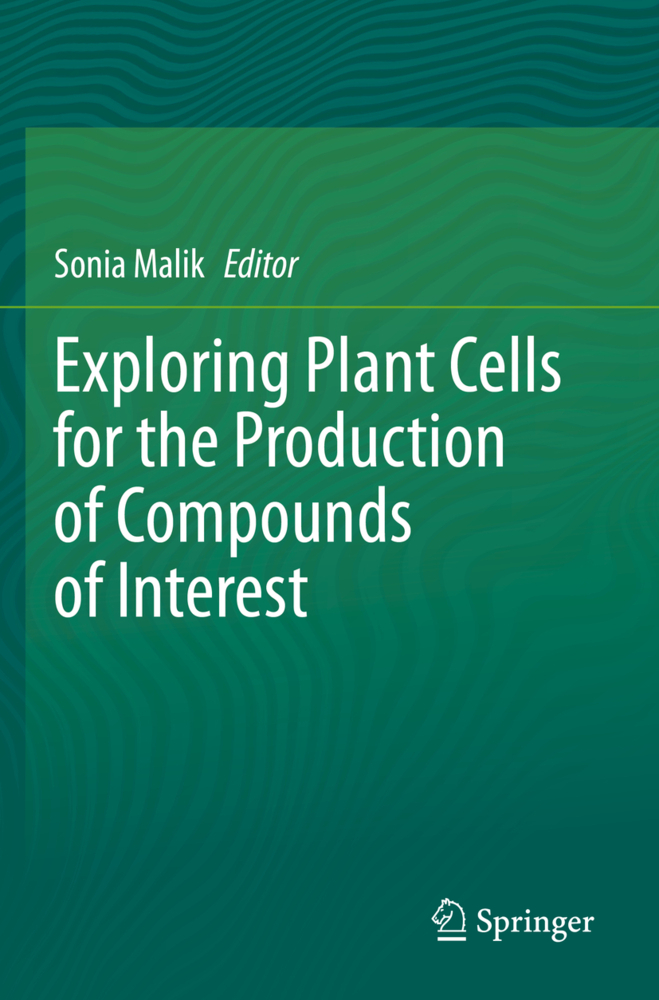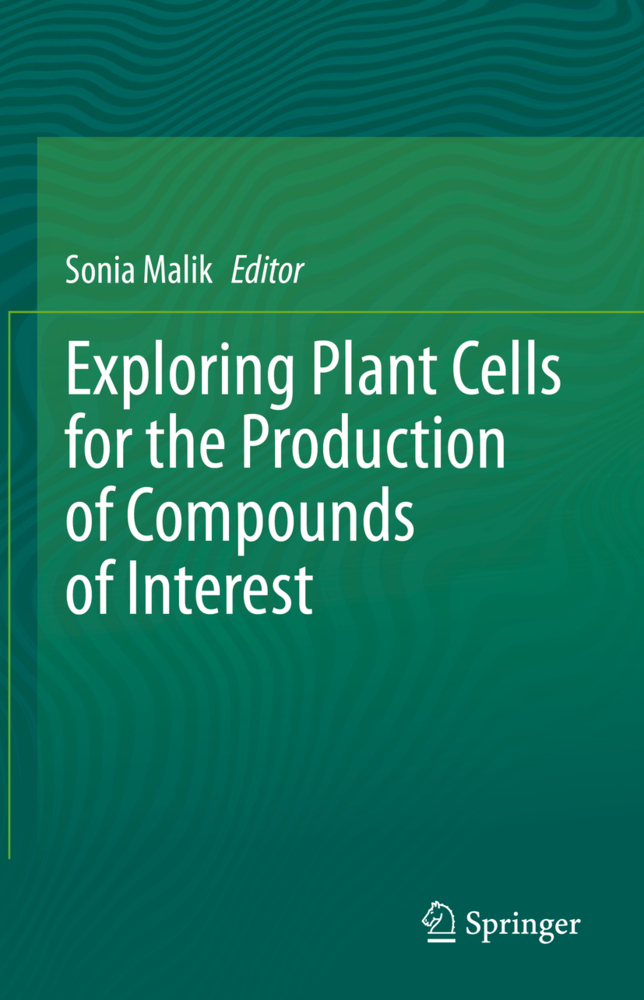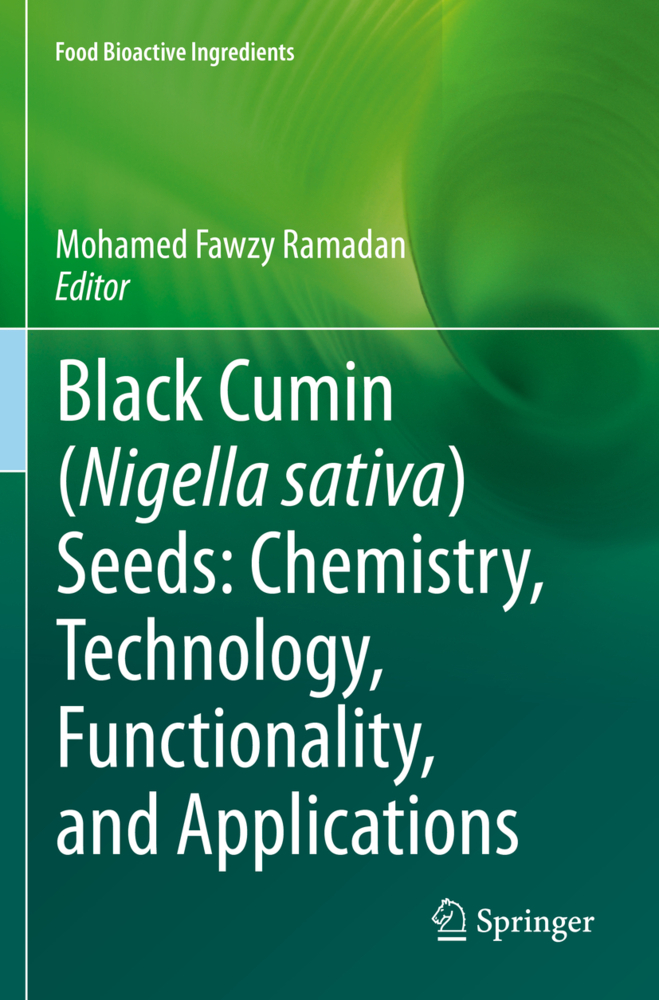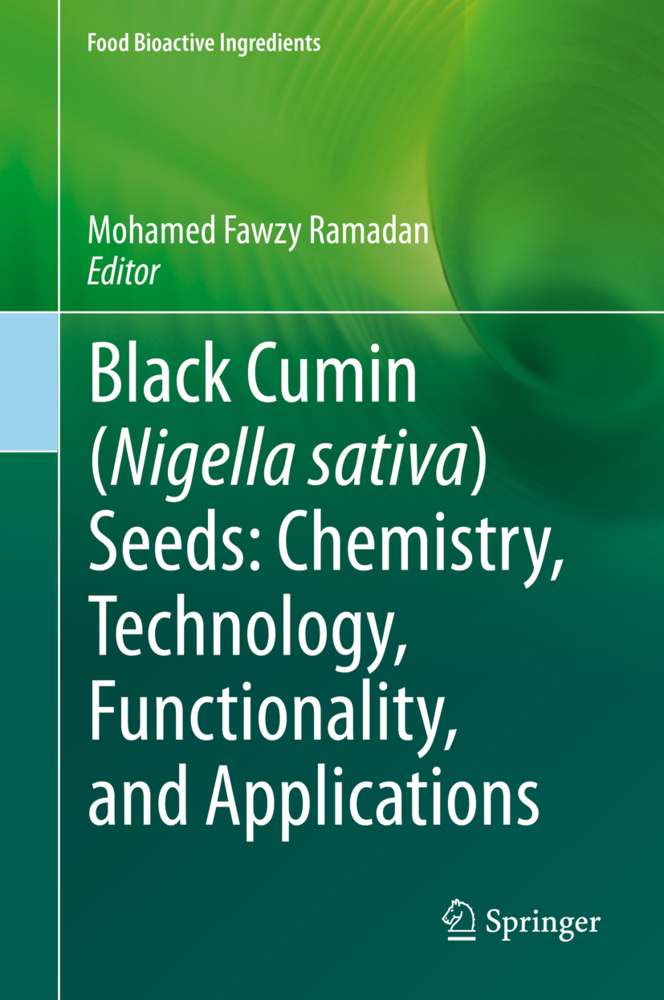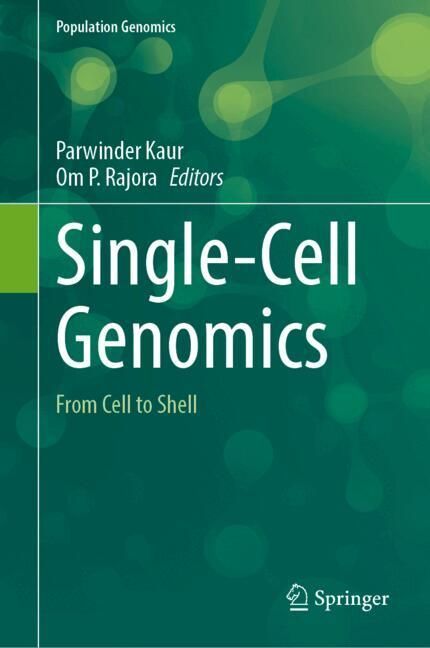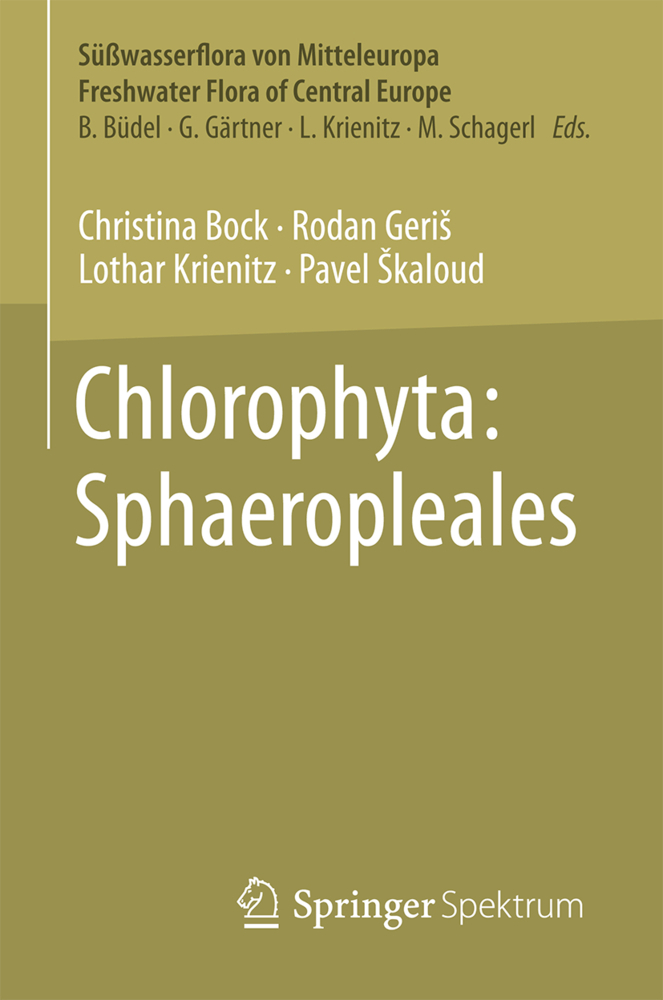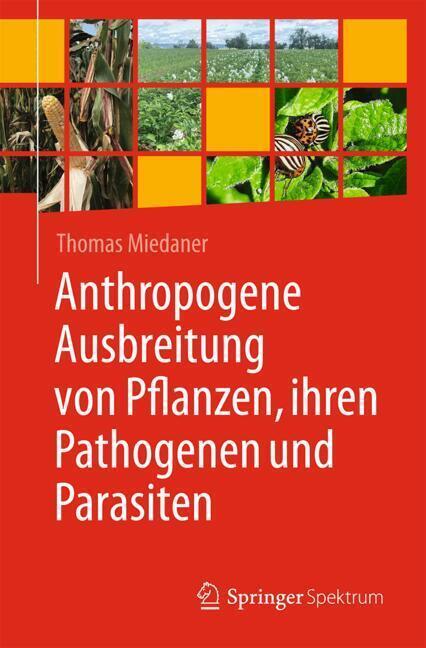Opuntia spp.: Chemistry, Bioactivity and Industrial Applications
The Opuntia fruits, commonly known as cactus pears or prickly pears, have been suggested by the Food and Agriculture Organization to be a promising and strategic crop in regions suffering from lack of water. In Mexico, India, South Africa, and the Mediterranean, the Opuntia fruits have become popular due to their nutritive value and health-promoting benefits, including antioxidant, antiulcerogenic and antiatherogenic traits and protective effects against LDL oxidation. Additionally, readily absorbable sugars, high vitamin C and mineral content, and a pleasant flavour make Opuntia tailor-made for novel foods.
Due to their ecological advantages, high functional value, and health-related traits, Opuntia fruits can be highly exploited in different food processing applications. For instance, Opuntia cactus fruits are used for the preparation of juices and marmalades; Opuntia cactus plants are used to feed animals in African and Latin American countries; Peruvian farmers cultivate Opuntia cactus for growing the cochineal (Dactylopius coccus) insect and producing the natural dye carmine; and the commercial production of food and non-food products from Opuntia has been established in Mexico, USA and several Mediterranean countries.
Opuntia spp.: Chemistry, Bioactivity and Industrial Applications creates a multidisciplinary forum of discussion on Opuntia cactus with special emphasis on its horticulture, post-harvest, marketability, chemistry, functionality, health-promoting properties, technology and processing. The text includes detailed discussion of the impact of traditional and innovative processing on the recovery of high-added value compounds from Opuntia spp. by-products. Later chapters explore the potential applications of Opuntia spp. in food, cosmetics and pharmaceutical products.
Mohamed Fawzy Ramadan is a Professor in the Agricultural Biochemistry Department at Zagazig University in Zagazig, Egypt. He has published more than 250 research papers and reviews in international peer-reviewed journals, as well as several books and book chapters.
Tamer E. Moussa Ayoub is a Lecturer in the Department of Food Technology at Suez Canal University in Ismailia, Egypt.
Sascha Rohn is a Professor in Institute of Food Technology and Food Chemistry in Technische Universität Berlin in Berlin, Germany.
Ramadan, Mohamed Fawzy
Ayoub, Tamer E. Moussa
Rohn, Sascha
| ISBN | 9783030784447 |
|---|---|
| Artikelnummer | 9783030784447 |
| Medientyp | E-Book - PDF |
| Copyrightjahr | 2021 |
| Verlag | Springer-Verlag |
| Umfang | 1059 Seiten |
| Sprache | Englisch |
| Kopierschutz | Digitales Wasserzeichen |

